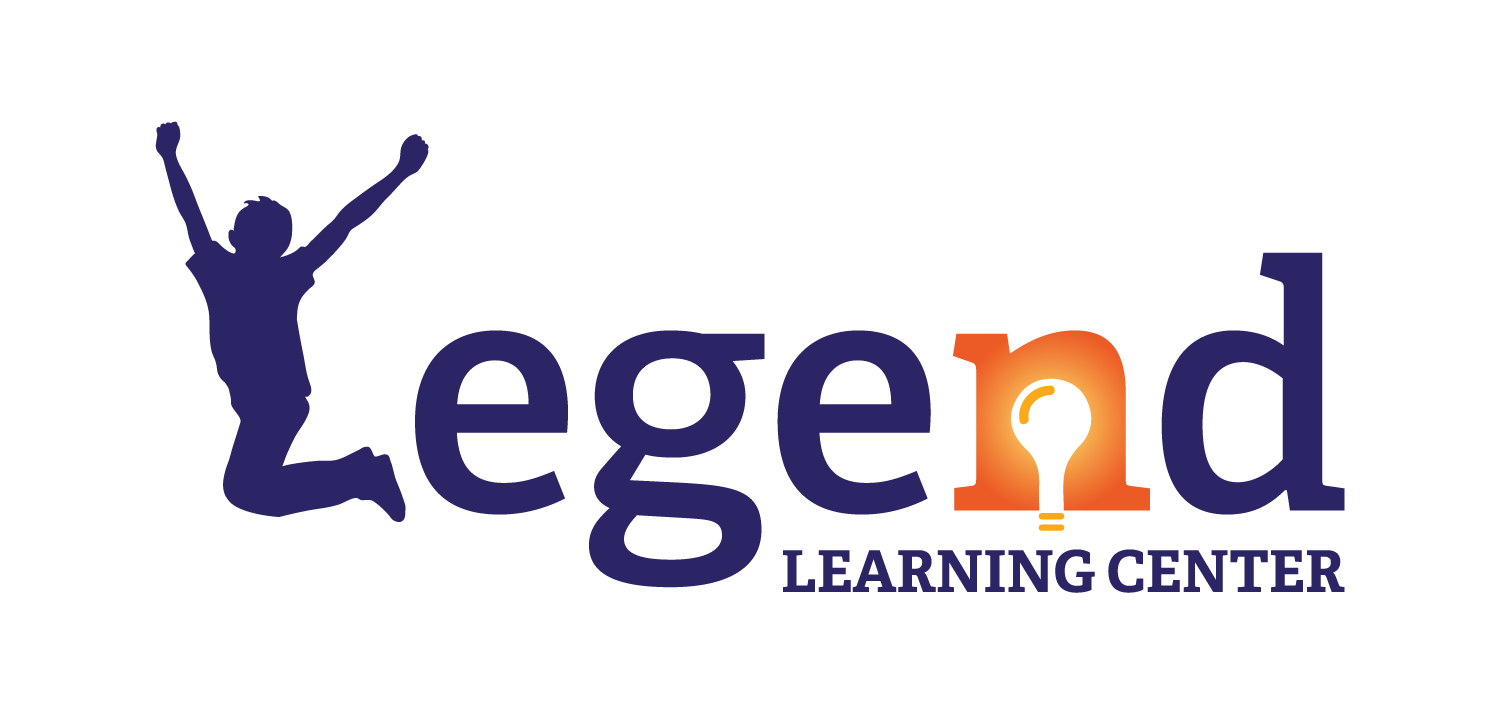Hands-on Science
The Hands-on Science Camps are designed for children entering K to G1 as well as G2 to G4. Building the critical thinking behind the scientific process is the goal: hypothesizing, observing, data gathering, data analyzing, and drawing conclusion. This goal will be achieved by exploring different exciting science topics through engaging hands-on learning. Their hands and minds will be fully engaged. The Hands-on Science camps operate from June 16 through August 15; all the camps are scheduled from 9:00 a.m. to 12:00 p.m. Extended care with structured indoor and outdoor activities is available during the before- (8a-9a) and after-camp (3p-6p) hours.
K-G1 Camps
Bubble Engineering (6/22-6/26)
Children flourish and their curiosity is leveraged as a motivation to learn when they’re allowed to explore without the restrictions of tidiness. In a safe environment, little ones are encouraged to scientific explorations and guided to learn the facts, principles, and concepts of properties of matters through hands-on experimentation on how bubbles work. This is a fun and enjoyable camps that would open up the interests of further science discovery and learning.
The Scientific Mind for Tomorrow’s World (7/6-7/10)
Science would not be fun if students are only introduced to facts and theories. So this camp is designed to use a totally different approach: Inquiry-based Learning! This learning process starts with hypothesizing, observation, drawing inferences, making conclusion, and generalization. Based on the curriculum and lessons of Exploratorium, a science and art museum in San Francisco, the topics of scientific investigations focus on light, sound, and perception. The highlight of the camp is a field-trip to the museum, where they will see the exhibit in person. Equipped with the science knowledge acquired in the camp, the trip will make the learning experience doubly enriched and memorable.
Me and My Body (7/13-7/17)
The heart’s for pumping, the brain’s for thinking;
The nose’s for breathing, the legs are for running;
What other parts of the body help me stay a healthy being?
Learning about the body and having fun!
Young Scientists; Old Bones (7/27-7/31)
All about dinosaurs, dig, dig, and dig! Dig out the very old bones;
Learn about herbivores, carnivores, and omnivores; Be amazed by the gigantic reptiles: how they roamed the earth and how they became extinct! Through this exciting archeological journey, children will learn about general concepts of animal and geological sciences.
Treasure Hunt of the Geologist (8/10-8/14)
Rocks & minerals, large and small;
Some are sparkly, some are dull;
Measuring weighing, observing and recording;
Will learn about the scientific process, in and out
G2-4 Camps
Bubble Engineering (6/22-6/26)
Children flourish and their curiosity is leveraged as a motivation to learn when they’re allowed to explore without the restrictions of tidiness. In a safe environment, little ones are encouraged to scientific explorations and guided to learn the facts, principles, and concepts of properties of matters through hands-on experimentation on how bubbles work. This is a fun and enjoyable camps that would open up the interests of further science discovery and learning.
The Scientific Mind for Tomorrow’s World (7/6-7/10)
Science would not be fun if students are only introduced to facts and theories. So this camp is designed to use a totally different approach: Inquiry-based Learning! This learning process starts with hypothesizing, observation, drawing inferences, making conclusion, and generalization. Based on the curriculum and lessons of Exploratorium, a science and art museum in San Francisco, the topics of scientific investigations focus on light, sound, and perception. The highlight of the camp is a field-trip to the museum, where they will see the exhibit in person. Equipped with the science knowledge acquired in the camp, the trip will make the learning experience doubly enriched and memorable.
Force, Motion, and Invention (7/20-7/24)
Students will learn about force and motion when having fun building Lego projects of gears, axles, levers, and pulleys. Aligned with the Common Core State Standards, this curriculum integrates the content of science and math through engaging activities involving observation, reasoning, prediction, and critical thinking. The Simple Machines curriculum is an excellent solution for introducing students to physical science concepts while promoting teamwork and foster creativity through building and invention.
Magnets, Motors, & Circuits (8/3-8/7)
Through engaging in hands-on fun activities and “electric circuit games”, participants are learning how electric circuits work and appreciate how broadly it has enhanced our quality of life. Participants will be amazed to discover how the electricity in their home works, how switches control the electricity to the lights, and how series and parallel circuits affect electricity. Applying how electricity and magnetism can be used to make each other, our youth will be very busy creating an energy source for motors using electro-magnetic concepts.

